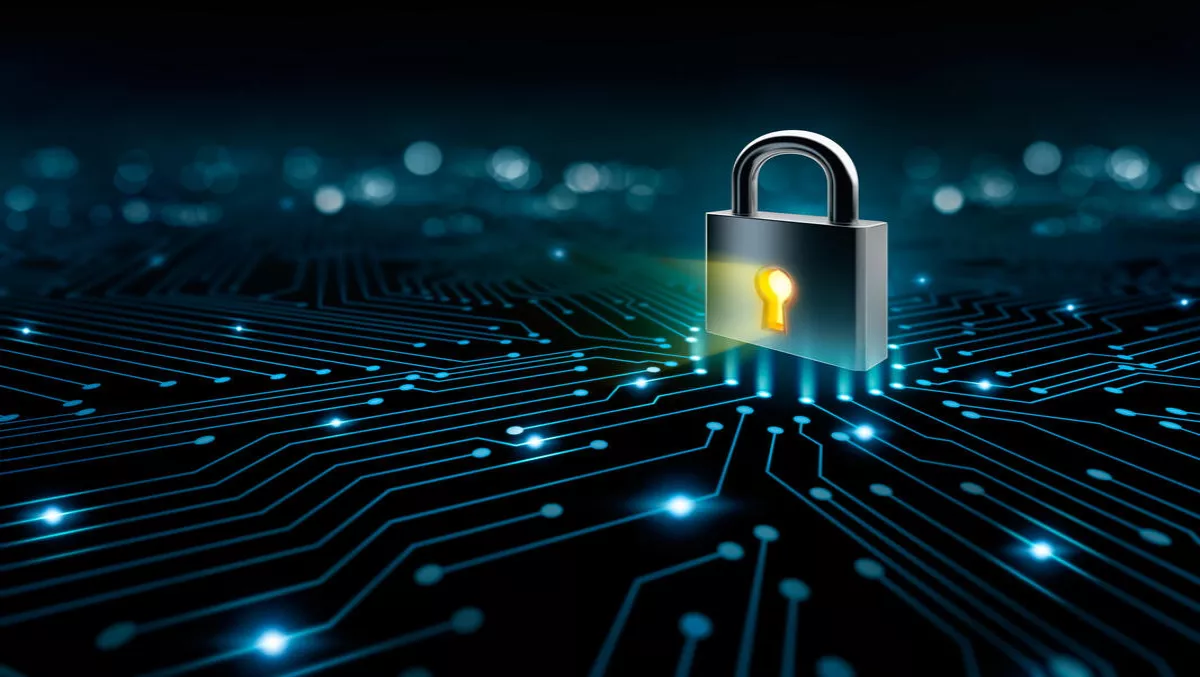
Back to basics: Simple things you can do to stay secure online
Unique malware is being created every half second, so there's no better time than the present to up your cyber security game, according to University of Waikato Associate Professor Ryan Ko.
Ryan is responsible for setting up the country's first ever Master of Cyber Security degree at Waikato and is the director of the New Zealand Institute for Security and Crime Science and leads the Cyber Security Researchers of Waikato (CROW) at New Zealand's first cybersecurity lab. Waikato (CROW) at New Zealand's first cyber security lab.
He says people aren't doing enough to protect themselves from cyber security threats.
In May this year, the global WannaCry ransomware attack infected more than 300,000 computers in at least 150 countries.
The computer worm, which locks computers and demands a ransom, exploited vulnerabilities in Microsoft Windows.
Thankfully, Ko says there are ways to protect yourself from threats like the WannaCry attack.
Here are his top five tips to keep yourself safe from cyber threats.
1. Back up your stuff… Twice!Regular, scheduled backups of your data means when worse comes to worst, you won't lose everything.
Backup all the files on your computer onto an external drive.
Files that are important should be backed up twice – these can be put on to a USB stick.
Cloud backups that automatically backup your data when connected to the internet are also a good idea.
2. Fear the unknown (links)If it seems too good to be true, it probably is. Scammers prey on your emotional weakness of loving free stuff, so don't click on that link for a free iPhone or a free pair of Adidas sneakers.
Don't click on "urgent" links that you don't know anything about. Your bank or your work will never send you something alarming and ask you to click on a link to see it.
To further protect yourself, always try to type a URL address yourself and don't use a shortcut.
Links aren't always what they say they are, for example, this link https://www.facebook.com/CutePuppies is actually going to another, even better page, which you should 'like'.
Hackers trick you with links to send you to sites where they can infect your computer with a virus.
3. Stop ignoring operating system and software updatesYes, you do want to update your software when asked. Don't keep putting it off. Updates are there for your protection, so patch-up all known vulnerabilities to avoid attacks such as WannaCry. For a hassle-free option, turn on the "Automatic Updates" feature.
4. Multi-factor authenticationThe more authentication stages on your account, the harder it is to hack.
A password is just one form of authentication.
With multi-factor authentication, users are granted access to their account only after presenting several separate pieces of evidence to prove they are who they say they are.
Gmail and Facebook both have the option of turning on multi-factor authentication, as do many banks.
A password is just one form of authentication.
With multi-factor authentication, users are granted access to their account only after presenting several separate pieces of evidence to prove they are who they say they are.
Gmail and Facebook both have the option of turning on multi-factor authentication, as do many banks.
5. Know your enemyAs malware is becoming increasingly complex and prominent in our society, the demand for cyber security professionals grows.
The University of Waikato's Master of Cyber Security, the first of its kind in New Zealand, equips students with the skills to protect society against cyber security threats.
Applications for 2018 are now open. Apply now or get in touch about your options.


